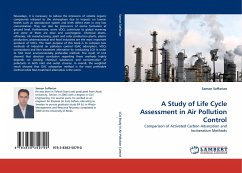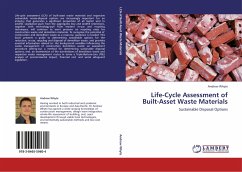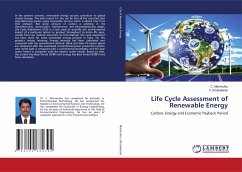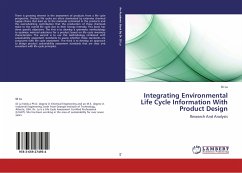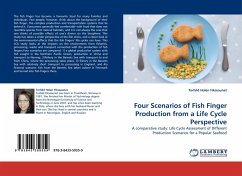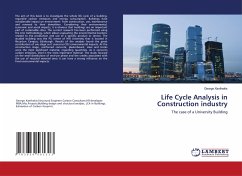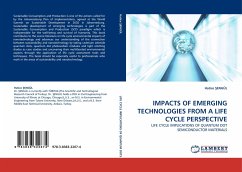Nowadays, it is necessary to reduce the emissions of volatile organic compounds released to the atmosphere due to impacts on human health such as reproductive system and birth defect even in very low concentration. They can also be precursors of ozone formation at ground level. Furthermore, some VOCs contribute to global warming and some of them are toxic and carcinogenic. Chemical plants, refineries, ink manufacturing, paint and color production plants, plastic production, pharmaceutical and food industries are the most important producer of VOCs. The main purpose of this book is to compare two methods of industrial air pollution control (GAC adsorption, VOCs incineration) and Non-treatment alternative by conducting LCA in order to find most environmentally preferable method. The result of LCA showed that absolute conclusion regarding these methods highly depends on existing chemical substances and concentration of pollutants in both inlet and outlet streams. In overall, the weighted result showed that GAC adsorption method is the most preferable method while Non-treatment alternative is the worst.
Bitte wählen Sie Ihr Anliegen aus.
Rechnungen
Retourenschein anfordern
Bestellstatus
Storno

